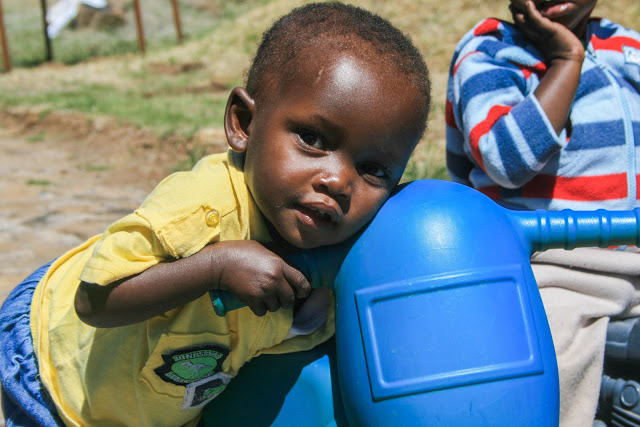But all in all, while there is still progress to be made (as there is in every country in the world), Lesotho’s not such a bad place to be a girl. Each one of these TTL baby girls below will get to grow up in a country where both boys and girls receive free primary school and women can be caregivers, factory workers, village chiefs, Managing Directors of NGOs, or Ministers in the Government.
The TTLF Fellow is a representative of the North American organisation The Tiny Lives Foundation. Based for one year in Mokhotlong, Lesotho, the TTLF Fellow serves in an administrative support capacity for the Basotho charity TTL.






0 Comments